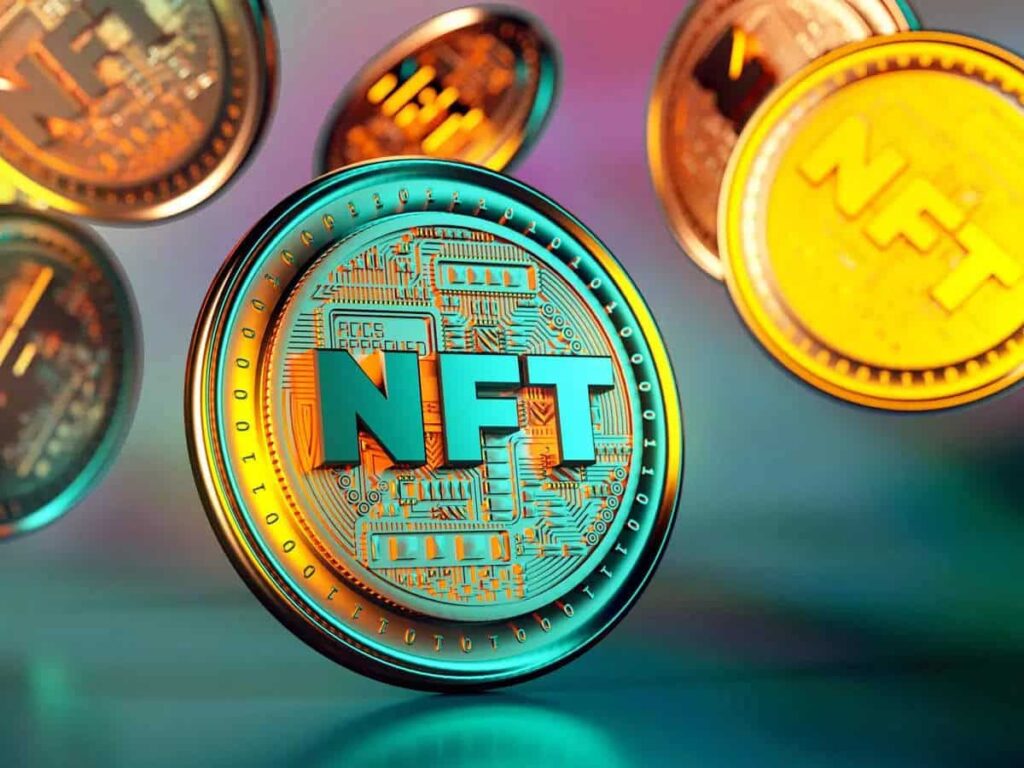Digital Chamber endorses the new NFT Act, which clarifies non-fungible token regulations despite SEC Chair criticism.

The introduction of the New Frontiers in Technology Act (NFT Act) by Congressman Timmons has received backing from the Digital Chamber.
This is the first time the US Congress has directly addressed the regulatory treatment of non-fungible tokens (NFTs), marking a crucial development for the digital asset sector amid ongoing legal challenges.
Digital Chamber Backs New NFT Act
After the introduction of the NFT Act, the Digital Chamber quickly expressed its support for the proposed legislation.
The organization commended Congressman Timmons for leading this important initiative, which aims to clarify how NFTs are classified amid increasing legal scrutiny of digital assets.
The Act outlines various use cases for NFTs, ensuring they are classified as consumer goods rather than financial products.
This distinction could have a significant impact on how NFTs are regulated in the future.
Furthermore, the NFT Act establishes a foundational definition of non-fungible tokens and provides protections for “covered” NFTs, such as digital art, collectibles, and other forms of intellectual property, distinguishing them from financial instruments.
The Act also requires the Comptroller General of the United States to conduct a study on non-fungible digital assets to evaluate the evolving NFT landscape and its implications.
This legislative move is seen as a step toward protecting creators and consumers from recent regulatory actions targeting the industry.
NFT Legal Challenges and Regulatory Scrutiny
The push for the New Frontiers in Technology Act comes as the industry faces several high-profile legal challenges.
Companies like Dapper Labs and DraftKings have been hit with lawsuits, and OpenSea recently received a Wells notice from the SEC, suggesting potential securities violations.
The SEC’s recent actions against Flyfish Club for unregistered NFT sales have also sparked controversy, with Commissioners Peirce and Uyeda dissenting from the decision.
They argue that NFTs should not automatically be classified as securities based on their potential resale value.
Many in the broader digital asset community, including the Digital Chamber, have voiced concerns over SEC Chair Gary Gensler’s aggressive regulatory approach.
Digital Chamber founder Perianne Boring criticized Gensler’s actions, stating, “SEC Chair Gary Gensler’s unlawful crackdown on #crypto has pushed the industry back by a decade.”
These allegations of an unlawful crackdown on the crypto and NFT sectors have led to speculation about Gensler’s potential removal.
Recent developments, such as the amendment of the original complaint against Binance, have further fueled calls for clearer regulatory guidelines.
Additionally, all five SEC commissioners are scheduled to testify before the House Financial Services Committee for the first time since 2019.
The hearing may include discussions regarding the classification of Ethereum (ETH) as a security.
